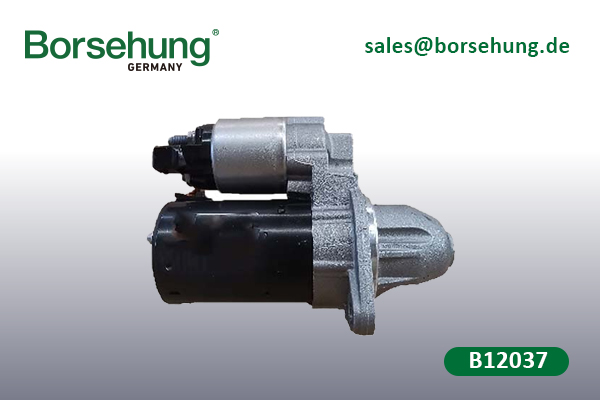Common causes of failed startup of an automobile starter:
Insufficient battery power: Insufficient battery power may prevent the starter from starting normally. Such condition may result from battery aging, charging system failure, or battery damage.
Starter failure: A malfunction of the electromagnetic switch, rotor or stator in the starter may prevent its normal startup.
Connection line failure: The connection lines between the starter and other components may be broken, loose, or corroded, preventing signals from being transmitted properly, and consequently affecting normal operation of the starter.
Security system failure: The vehicle’s anti-theft system (such as an electronic anti-theft lock) may make a wrong judgement of illegal intrusion, and consequently forbid the starter to start.

Engine failure: The engine may have heavy carbon deposit, spark plug fault, or other issues that can cause engine malfunction and prevent startup of the starter.
Fuel system failure: A failure of components such as fuel pump, fuel injector, or fuel filter may result in insufficient fuel supply, and consequently prevent startup of the starter.
Failure of other components in the engine compartment, such as safety valves and air flow meter, may also prevent normal startup of the starter.

